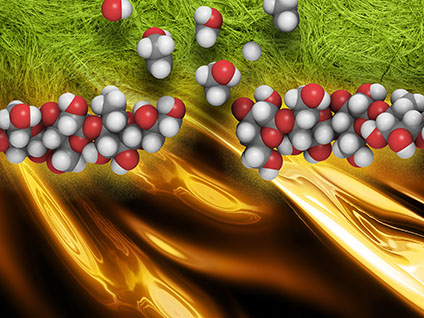
Leaving Office of Science
The link you have requested will take you to a website outside the Office of Science.
Please click the following link to continue:
Thank you for visiting our site. We hope your visit was informative and enjoyable.

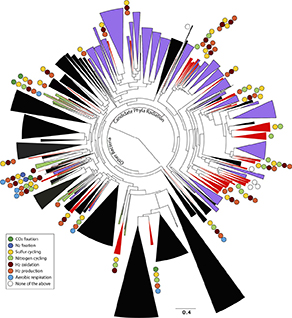
Detailed genetic studies reveal an underground world of stunning microbial diversity and add dozens of new branches to the tree of life.
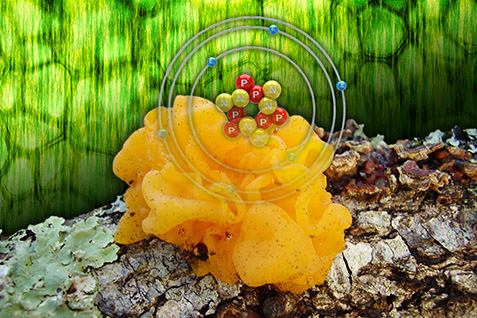
Analyses reveal diversity in carbon turnover and other degradation processes, offering insights for biofuel production.
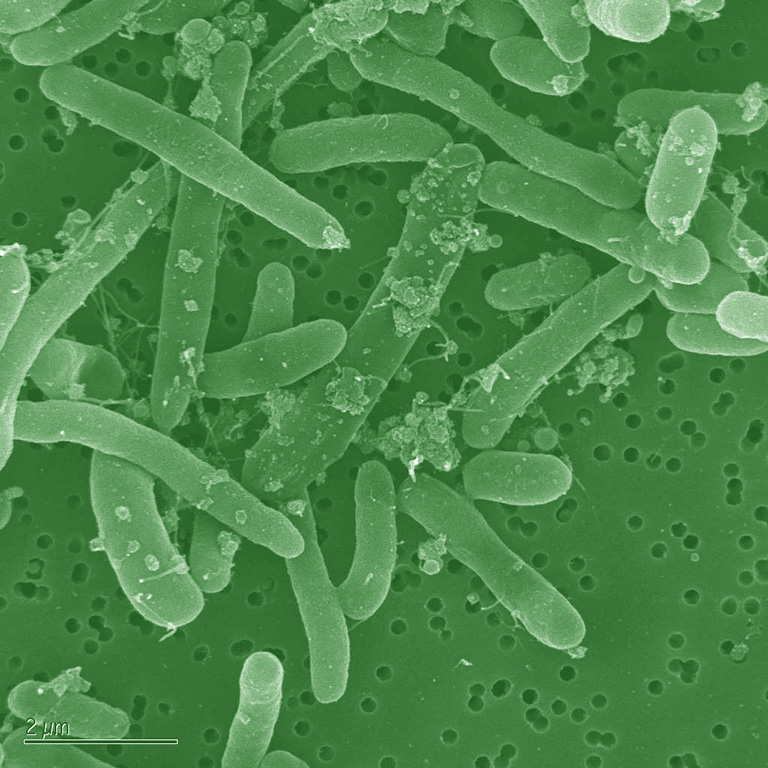
A novel E. coli fatty acid biosynthesis system could more efficiently convert biomass to desired products.
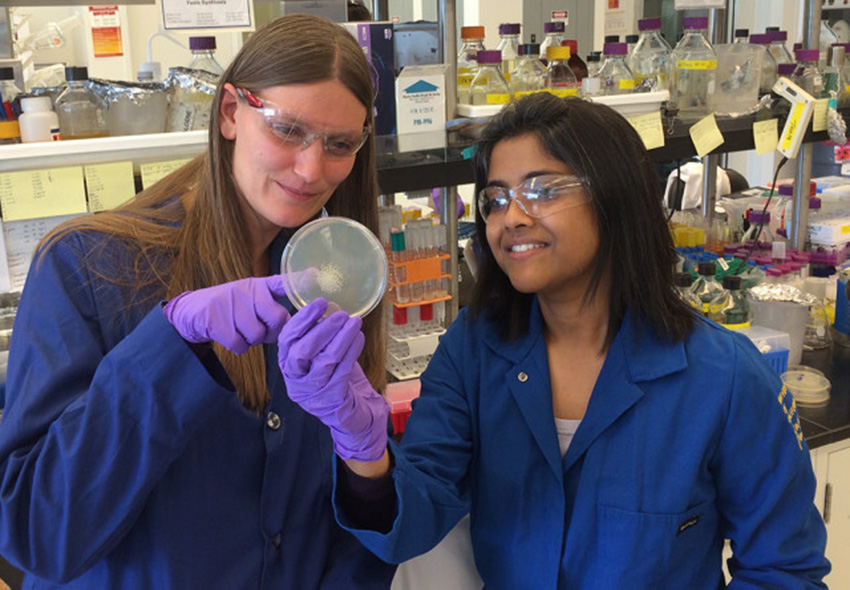
Researchers use engineered bacteria to simplify biofuels production, potentially lowering cost.

Herbivore digestion involves a large variety of enzymes that break woody plants into biofuel building blocks.
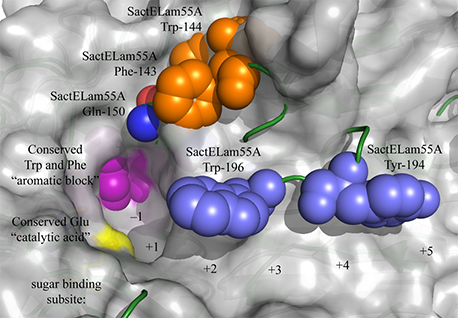
Researchers develop a new process for annotating cellulose-degrading enzymes.
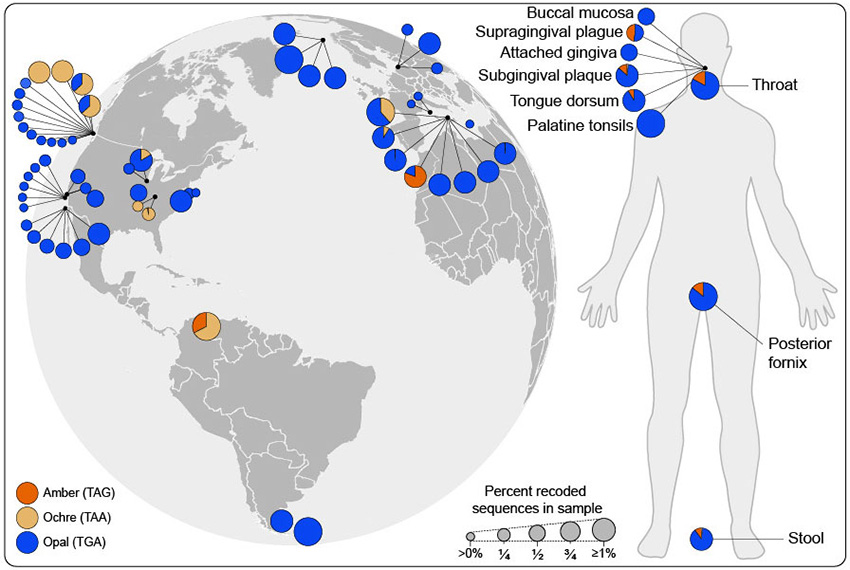
Study shows that “stop” code can be assigned other meanings.
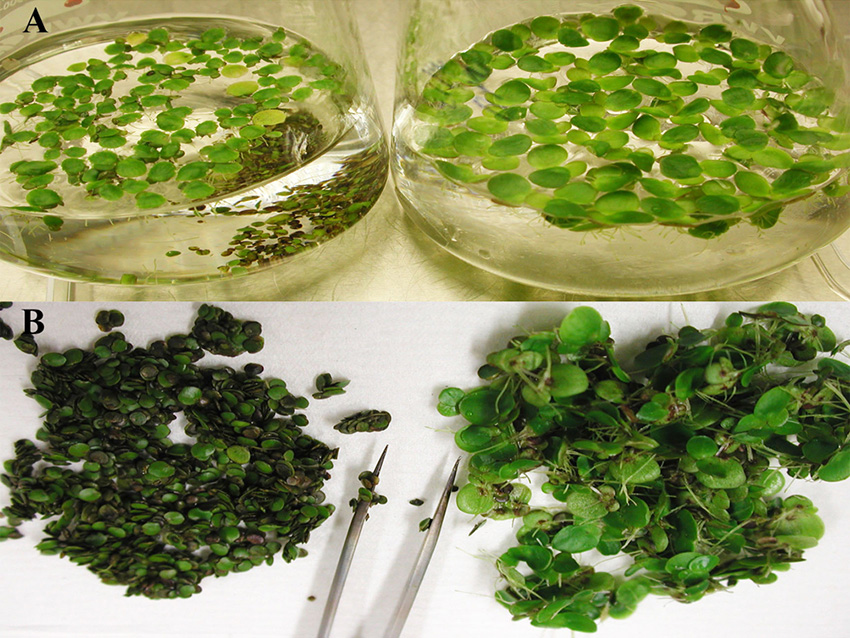
Duckweed sequencing reveals insights into genes for lignin, cellulose, and starch production.
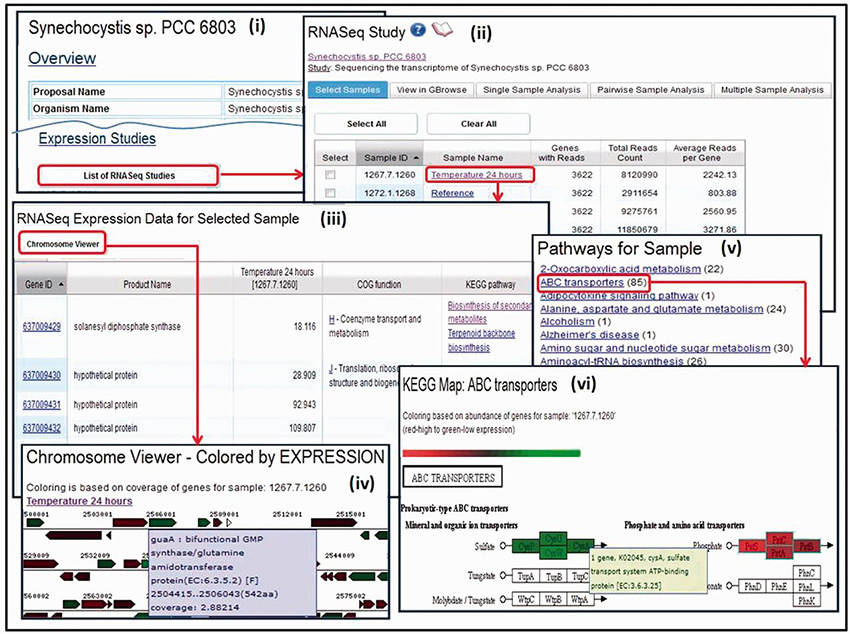
DOE Joint Genome Institute expands data and analytical tools.
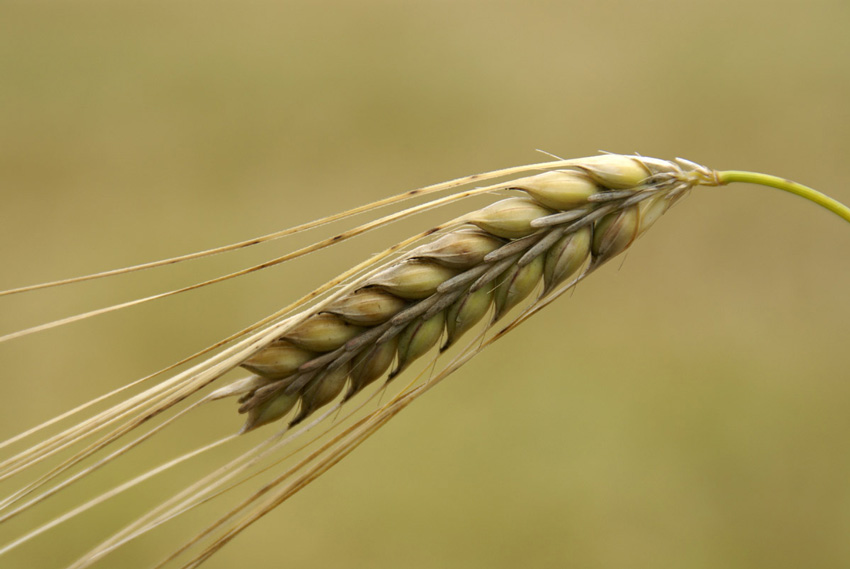
New, rapid, and low-cost approach can be applied to many species.

Genome variability helps explain why Emiliania huxleyi canflourish in diverse ocean habitats.